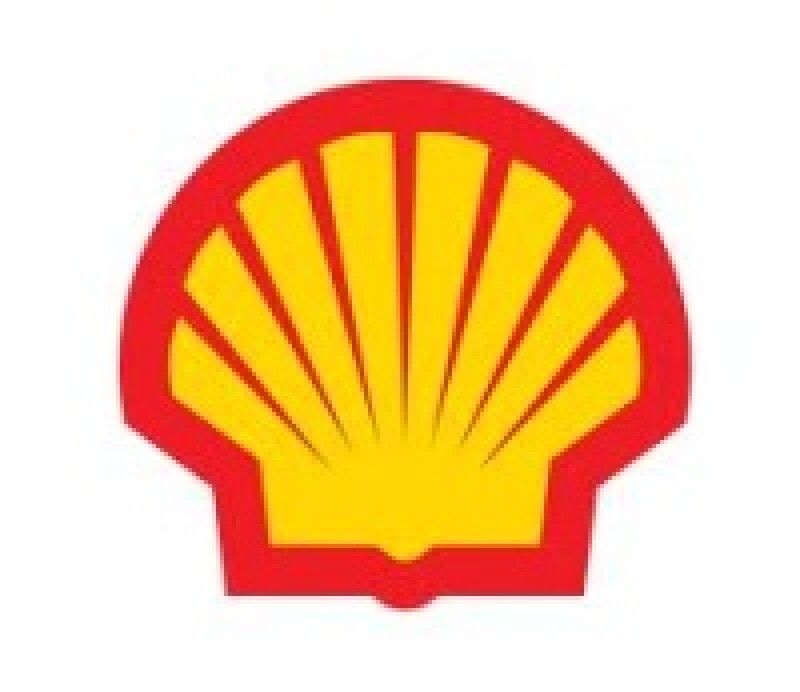The court has asked the two multinationals to respond to submissions filed by the income tax department by October 10. The case is due for initial hearing on October 17.

Both companies are battling attempts by the Indian tax authorities to enforce transfer pricing adjustments as a result of alleged under pricing of shares issued to overseas parents.
The Indian Income Tax Department has issued Shell with a transfer pricing adjustment of $3 billion and a tax demand of $1 billion. Vodafone is one of the other 26 companies facing tax demands over the same issue.
Based on information available on various public sources pertaining to the writ petition filed by Shell India, Varun Mohindra, manager of international tax and transfer pricing for EY India, outlines the taxpayer’s case for defence.
Shell’s dispute
Shell India has submitted to the High Court that the transfer pricing officer’s (TPO) order which seeks to make a transfer pricing addition in respect of a balance sheet item is invalid and illegal. It claims that the TPO’s order, to the extent to which it examines the valuation of transactions which had no tax implications, is outside his jurisdiction.
Shell India has submitted that section 92 of the Income Tax Act, which contains the transfer pricing regulations, is a charging provision, while the sections which follow from section 92B onwards are machinery to implement the charging provisions.
The taxpayer contends in its writ petition that the “TPO is an authority of limited jurisdiction. Chapter X entitles the assessing officer (AO) and TPO to ascertain the arm’s-length price so that any income arising from an international transaction is computed in accordance with such price.” Hence, Shell claims that only that transaction which has the consequence of increasing the income can be the subject matter of valuation under the charging section.
Accordingly, the taxpayer claims that the TPO abused the provisions of section 92 by bringing to tax an item which is on capital account.
Shares not an ‘international transaction’ under section 92B
The term ‘international transaction’ under section 92B, among other things, means “any other transaction having a bearing on the profits, income, losses or assets of such enterprise”. Shell India also refers to the retrospective amendment to section 92B, according to which certain transactions such as capital financing, including short term borrowing, lending or guarantee, are covered within the meaning of 'international transaction.'
Shell India contends that the phrase ‘any other transaction’ must be a transaction in the nature of transfer of goods or provision of services or in the nature of lending or borrowing. Further, it should impact the profits or income of the taxpayer.
Shell is therefore arguing that the transaction of share issue is not covered under the clause since there is an absence of transfer of goods or services and of impact on income or profits.
Further, Shell has pleaded that provisions of section 92B cannot be read in isolation and on a reading of section 92(1) and 92B, the transaction would qualify as an international transaction only if it gives rise to income under section 92(1).
Absent the income element, the order of the TPO is illegal and the AO’s order which purports to give effect to this illegal order is also consequently without jurisdiction.
It has also been contended that the transfer pricing provisions are anti-abuse provisions enacted to ensure that the Indian revenue base or tax base is not eroded. Therefore, transactions which are otherwise not taxable as income and which have no bearing on the income or loss of the assessee were never meant to be covered within the purview of the transfer pricing provisions.
Share price and number irrelevant
Shell India has stated that it is a wholly owned subsidiary of Royal Dutch Shell, which indirectly controls 100% of Shell India’s shares through its subsidiaries. Hence, Shell India contends in its writ petition that: “When capital is infused into a subsidiary, for onward outlay in projects, it hardly matters as to what the value of the shares is fixed at, because, whatever may be the value, the assets in their entirety are indirectly, as a shareholder, controlled by the holding company…If the subsidiary is put into liquidation, the entire value of the shares less its liabilities would be received by the holding company irrespective of the number of shares into which the capital is divided.” Shell India has further contended that the number of shares only becomes relevant when there are outside shareholders.
Discount on shares not income foregone
Shell India has contended that even if it is assumed that the TPO’s proposals are correct, it would only amount to issue of shares at a discount. However, such discount could not be treated as “income forgone” because if such sum is actually received, it would come in as share capital or share premium, which is not taxable.
TP adjustment cannot bind AO to make automatic income adjustment
Shell India has argued that the determination of the arm’s-length price of an international transaction and the computation of total income are two separate and distinct actions. Determination of arm’s-length price by the TPO does not necessarily lead to the conclusion that the entire amount of adjustment needs to be added to the income of the taxpayer.
Shell India has argued that the TPO is not empowered to determine the income of the assessee, which continues to be exclusively within the jurisdiction of the AO. Hence, the AO should have considered if the determination of the arm’s-length price for a share issue transaction would result in any income liable to tax in the hands of the petitioner.
Secondary adjustments not provided in law
Shell India has also submitted that the Indian transfer pricing provisions do not provide for making secondary adjustments on a notional basis. It has argued that the TPO erred in treating the difference between the arm’s-length price and the actual issue price of share issue as debt, and then imputing notional interest on it.










